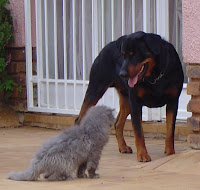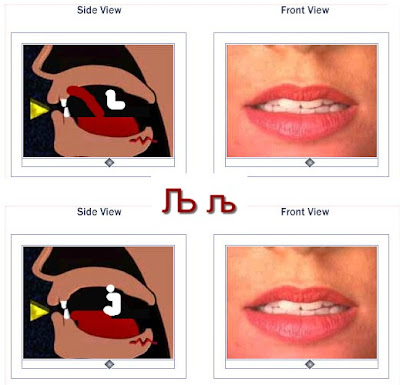If you enjoyed reading the previous post about different meanings of the verb " nositi " in Serbian, I am sure you'll find this list of common phrases and idioms with the same verb quite interesting :
As you have noticed I added the examples ranging from current affairs articles, folk songs to ordinary people's comments, just to show that these idioms are frequently used. Since there is a list of eight more phrases with the verb "nositi", I'll divide this post into three parts in order to give you as many examples as possible.
Ако учите српски већ дуже време и већ сте на напредном нивоу, сигурно ће вам се свидети вежба да за сваки пример дате различито значење речи "носити" из претходног поста. На пример значење речи "носити", у примеру а, је исто као и у примеру б, док је различито од значења у примерима в и г :)
Part 2:
- Vreme nosi svoje (breme) / sve u svoje vreme (а)= everything is good in its season
The examples are from the various internet sites:
Svako vreme nosi svoje breme koje ga karakteriše i identifikuje. To breme ga u isto vreme razlikuje i čini sličnim prethodnim epohama. Tako i dvadeset prvi vek, poput svojih prethodnika, donosi pregršt pitanja, problema i nedoumica, stavlja ih pred savremenog čoveka kao izazove, kao svojevrsne zadatke koje ovaj treba da reši.
ili
Vreme nosi svoje. Sedamdesetih godina ljudi su se najviše družili sa gitarom i ljudsko uho je bilo neverovatno naklonjeno zvuku tog angažovanog pesničkog izražavanja uz gitaru koja nije tražila nikakva elektronska pomagala.
- Nositi glavu u torbi (б)= to live in constant danger, to tempt fate, to stick one's neck out. For example:
Uprkos visokoj sigurnosti bolida Formule 1 i staza, piloti najbržeg cirkusa na svetu ne smatraju se bez razloga najhrabrijim sportistima današnjice koji, iz trke u trku, nose glavu u torbi.ili
Oni nose glavu u torbi da bi mi bili sigurni.
- Zaklati gusku/koku koja nosi zlatna jaja (в) = to destroy a source of income, to kill the goose that lays the golden eggs. For example:
Šta god da se priča, malo je verovatno da će kineski vodji ubiti "koku koja nosi zlatna jaja", odnosno odustati od 9,5 procenata godišnjeg ekonomskog rasta od 1979.ili
...ova vlada ce nam dati svakome gusku koja nosi zlatna jaja samo da dobiju izbore,a ako dobiju ostaje nam samo perje od guske jer i guska i jaja odose...
- Nositi zmiju u nedrima & Gajiti guju u nedrima (г) = to befriend a treacherous person, to nurse a viper in one's bosom. For example:
p.s. ovo na dobro ne može da ispadne ima iz istorije poznata epioda koja je sažeta u sintagmi "gajiti zmiju u nedrima Rima"! Taj datum ama baš ništa neće značiti, ja malo pratim medije, i trovanje naroda ponovo ušlo u 4 brzinu.or
Above the title: "Zmija" u nedrima vlasti
As you have noticed I added the examples ranging from current affairs articles, folk songs to ordinary people's comments, just to show that these idioms are frequently used. Since there is a list of eight more phrases with the verb "nositi", I'll divide this post into three parts in order to give you as many examples as possible.
Ако учите српски већ дуже време и већ сте на напредном нивоу, сигурно ће вам се свидети вежба да за сваки пример дате различито значење речи "носити" из претходног поста. На пример значење речи "носити", у примеру а, је исто као и у примеру б, док је различито од значења у примерима в и г :)
Part 2:
- Ne zna se šta nosi dan, a šta no
- Koja kokoš mnogo kokodače, malo jaja nosi
- Nositi svoj krst
- Nositi se mišlju
Part 3:
- Idi gde te (oči vode i) noge nose
- Pas laje, vetar nosi
- Plati pa nosi
- Nositi breme

.png)




















